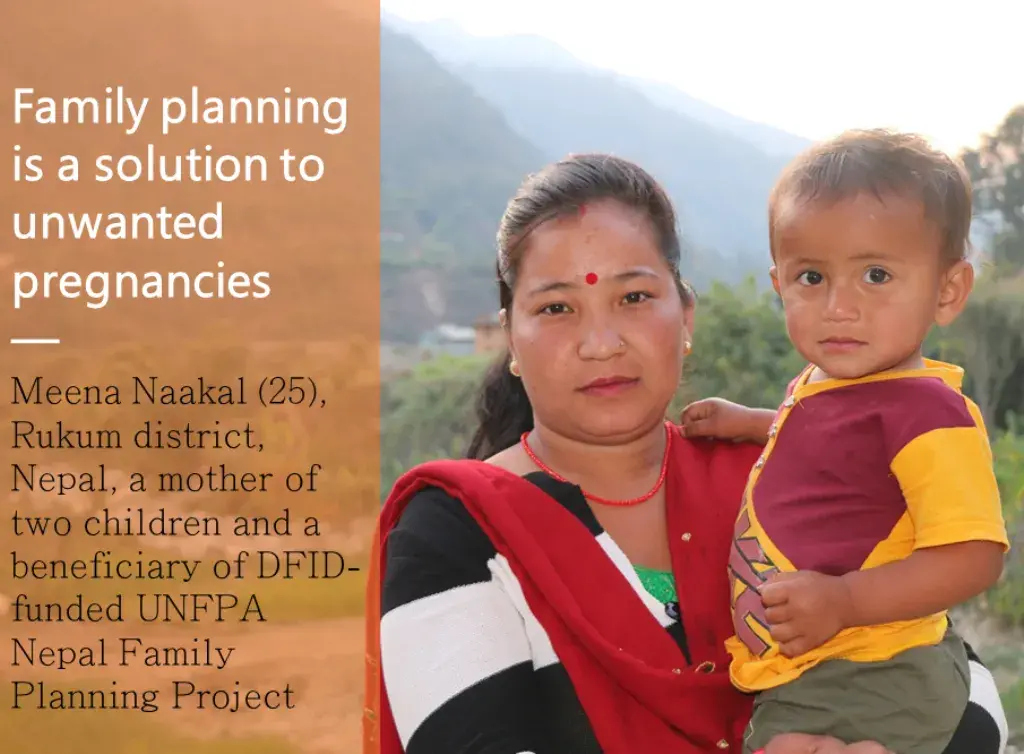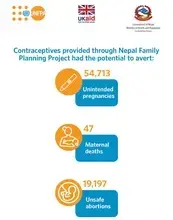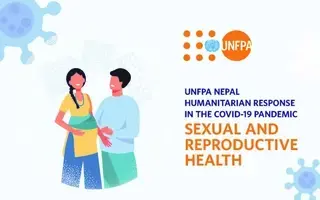In 1989, the Governing Council of the United Nations Development Programme recommended that 11 July be observed by the international community as World Population Day, a day to focus attention on the urgency and importance of population issues. This year, on World Population Day, UNFPA will celebrate the theme "Family Planning is a Human Right."
This year marks the 50th anniversary of the 1968 International Conference on Human Rights, where family planning was, for the first time, globally affirmed to be a human right. The Tehran Proclamation states, "Parents have a basic human right to determine freely and responsibly the number and spacing of their children."
The Conference also adopted Resolution XVIII, titled "Human Rights Aspects of Family Planning," which connects this right to "the dignity and worth of the human person," and notes the relationship between access to family planning and the status of women.
In Nepal, increasing availability and access to quality family planning services and addressing the unmet need for contraceptives among individuals and couples is a key priority of UNFPA's work. Through its global programme UNFPA Supplies, UNFPA has been providing essential reproductive health commodities to help the government and local partners offer women and men contraceptives of their individual choices.
UNFPA is committed to continuing its partnership with the Government of Nepal in ensuring universal access to quality family planning services to Nepali women, men and couples, including young people from the most marginalized and vulnerable groups.





